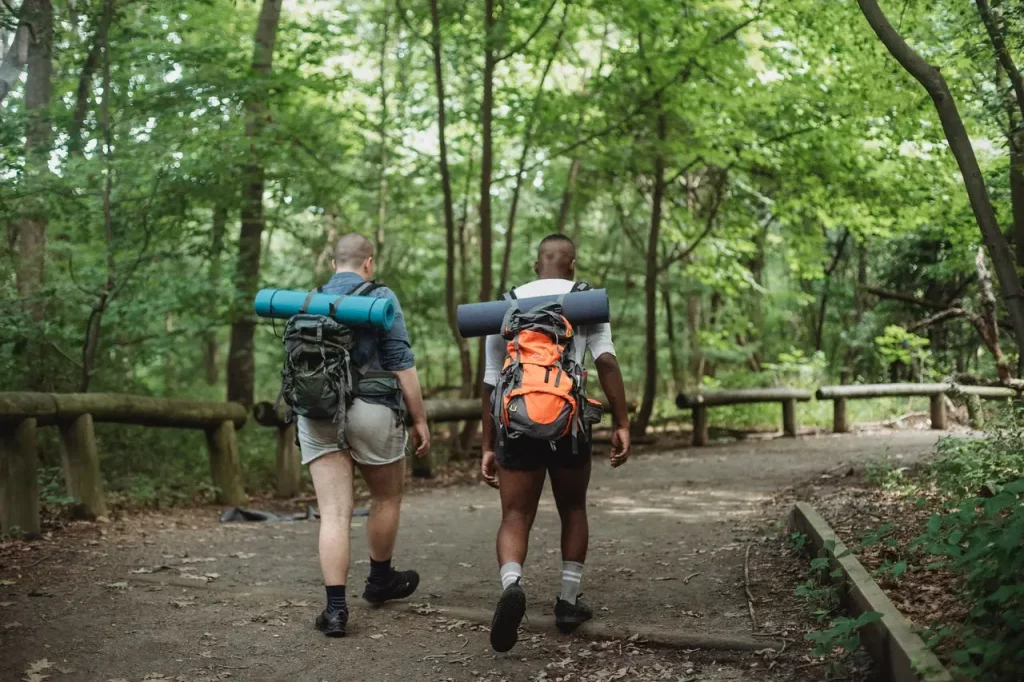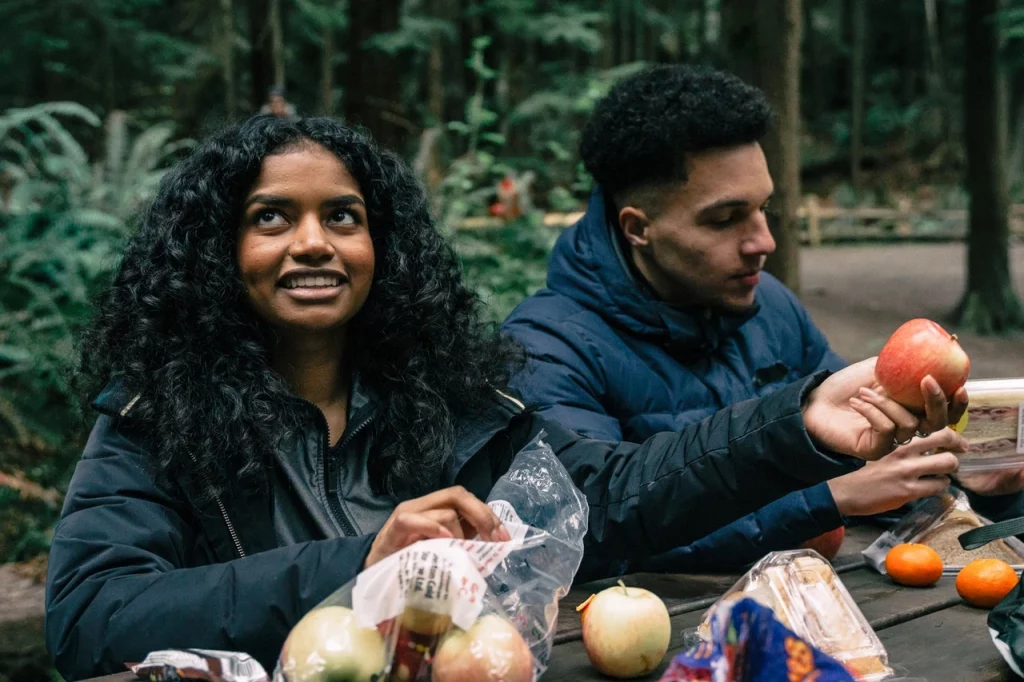Many people are hesitant to go camping because they think it’s too dangerous. Yes, there are some risks involved in camping. But there are risks involved in everything we do—even staying at home! The key is to be aware of the potential dangers and take steps to minimize them. With a little bit of preparation and common sense, you can have a safe and enjoyable camping trip.
The Dangers of Camping
There are four main dangers to be aware of when camping: wildlife, weather, terrain, and dehydration.
Wildlife
One of the biggest concerns people have about camping is encountering wild animals. If you venture into their home, you’re bound to meet them. You might encounter them while you’re still on the way to the campsite, while you’re on the trail, or even while you’re sleeping in your tent. Thankfully, the vast majority of them will be more afraid of you than you are of them. However, here are a few precautions to take to avoid getting in trouble with the local wildlife:
- Make noise while you’re walking so that you don’t startle any animals that may be nearby. If you startle any animals, they may attack you.
- Always stay away from baby animals! Animal mothers can be very protective.
- Avoid wearing strong perfumes/colognes, as these can attract insects and animals.
- Wear bright clothing and use brightly colored gear so that you can easily be found if things go bad.
- Keep your campsite clean and free of food waste, as this can attract vermin and larger animals looking for an easy meal. Use a bear bag if you have to bring food supplies outside
- Never approach or try to feed any wild animals, no matter how cute they may be.
- If you leave anything outdoors and decide to reuse it, make sure that you check under it for insects or reptiles before use.
- Make sure your tent flaps are zipped or closed to keep wildlife from coming in while you sleep
Weather
Another danger to be aware of when camping is severe weather. Before heading out on your trip, check the forecast and be prepared for whatever Mother Nature might throw your way. If thunderstorms are in the forecast, make sure to bring a sturdy tent so you have somewhere to take shelter if necessary. And if it’s going to be particularly hot during your trip, make sure to pack plenty of water and sunscreen. Make sure that you bring appropriate clothing, too!

Terrain
It’s important to know what kind of terrain you’ll be dealing with before heading out on your camping trip. If you’re planning on hiking, make sure you know the level of difficulty of the trails you’ll be taking and whether or not they’re appropriate for your fitness level. It’s also important to wear proper footwear—hiking boots or shoes with good traction—to avoid slipping and injuring yourself. And if you’re planning on swimming in any lakes or rivers, make sure the area has been designated as safe for swimming by local authorities.
You have to prepare your vehicle for the terrain, too. You can’t go camping in a campsite or campground you can’t get to. Your vehicle also provides a lot of storage space for gas, supplies, and many other things, so it’s a good idea to bring it along for your getaway. You can even hide out inside it if the weather or the wildlife get too rough!
To prepare your vehicle, make sure your vehicle has off-road tires that can provide traction even if it gets muddy. You should get off-road bumpers for your truck, too—these let you navigate deeper bumps and are strong enough for impacts against rocks or large animals that cross the road before looking. Try to get foglights or floodlights installed, too—these can help you if the weather gets foggy, rainy, or snowy.
Dehydration
Dehydration is a real danger when camping, especially if you’re doing any strenuous activities like hiking or biking during your trip. It’s the biggest danger in summer, too! Make sure to drink plenty of water throughout the day, even if you don’t feel thirsty. And if possible, pack some sports drinks or other beverages that will help replenish electrolytes lost through sweating. Make sure that you have spare water and oral rehydration salt packets, too! The packets in particular will get handy if ever you get sick or run out of sports drinks while you’re out there.
Final Thoughts
Yes, there are some risks involved in camping. But there are risks involved in everything we do—even staying at home! The key is to be aware of the potential dangers and take steps to minimize them. With a little bit of preparation and common sense, you can have a safe and enjoyable camping trip. So get out there and enjoy all that nature has to offer!

